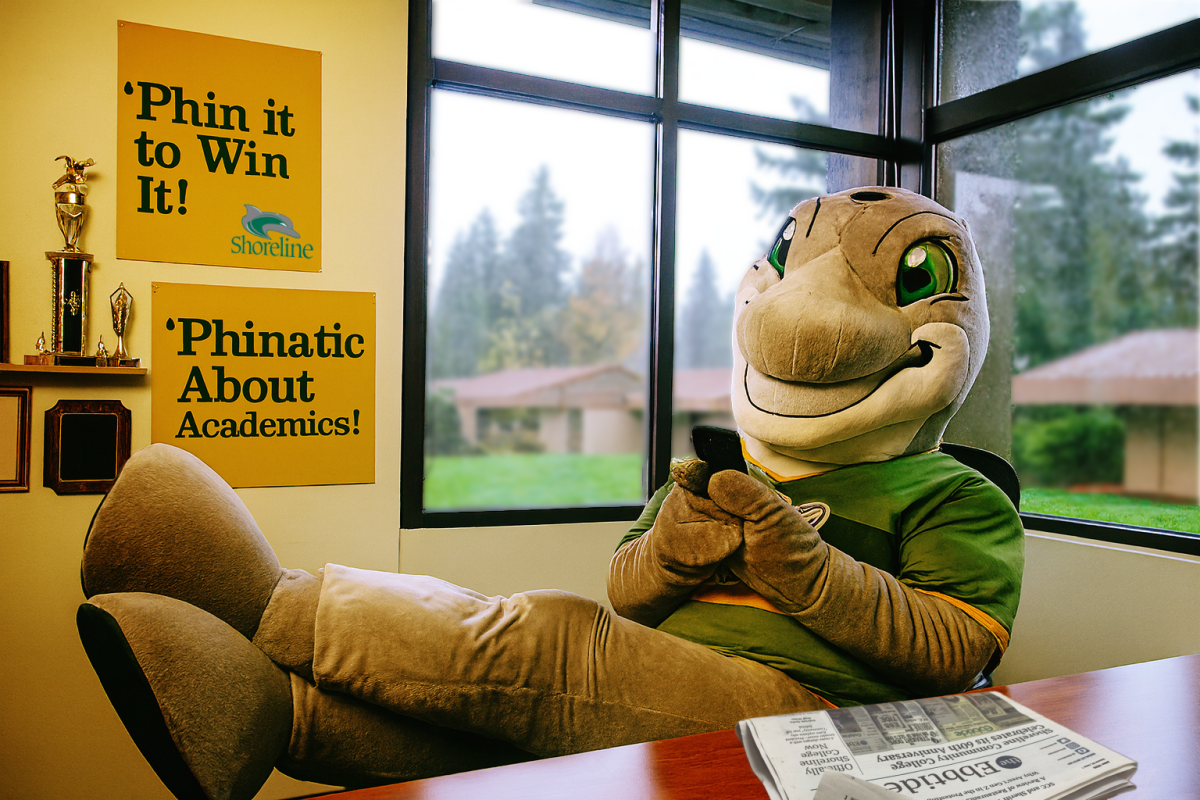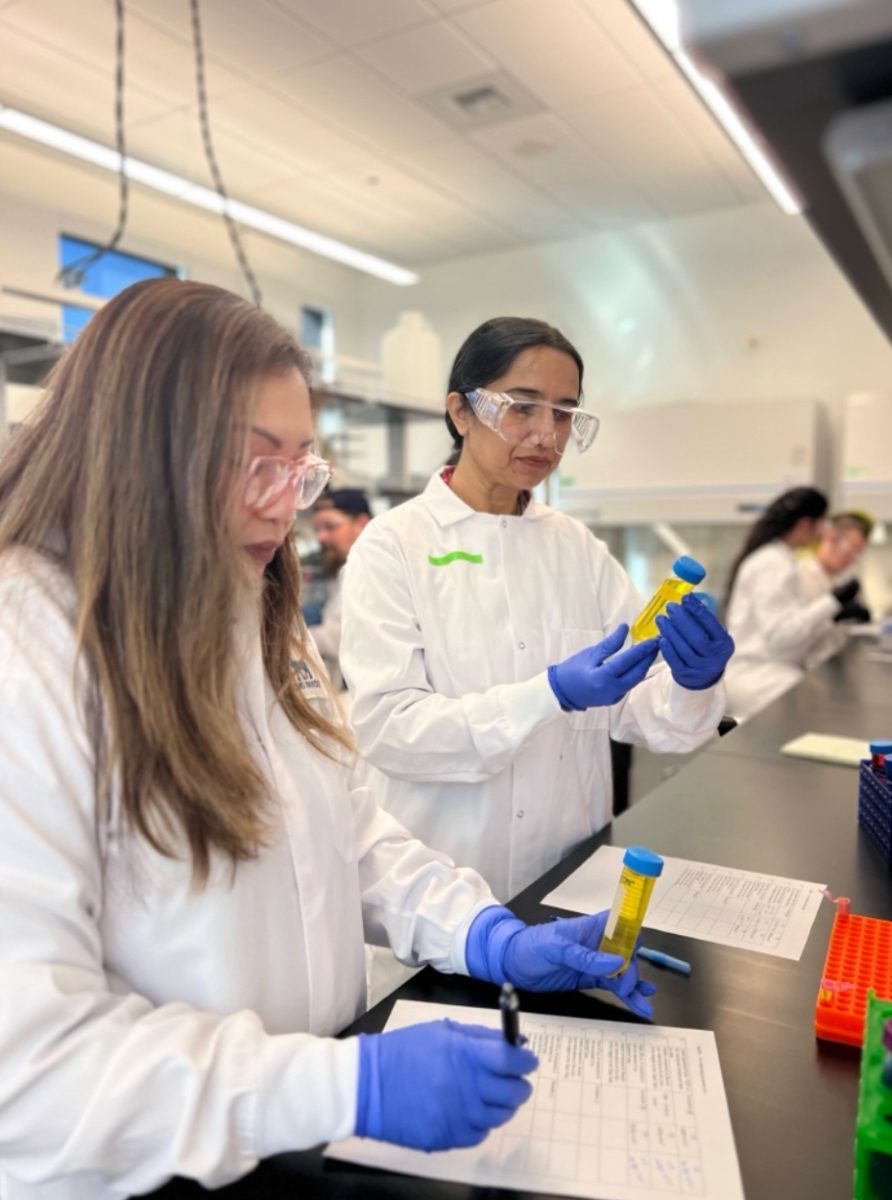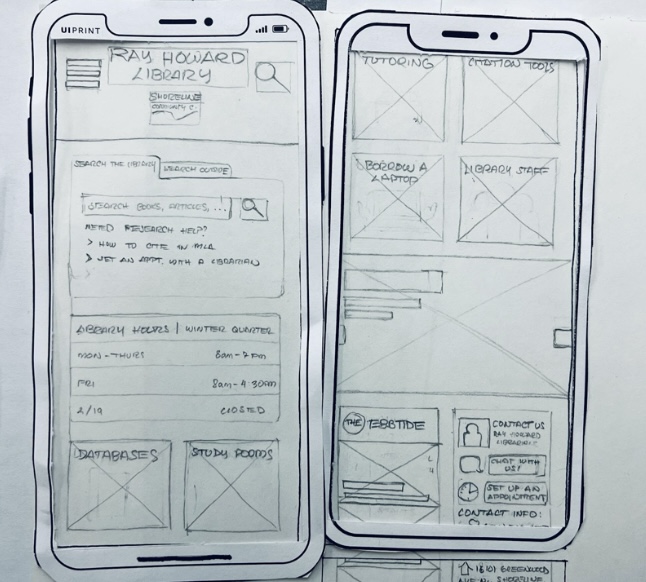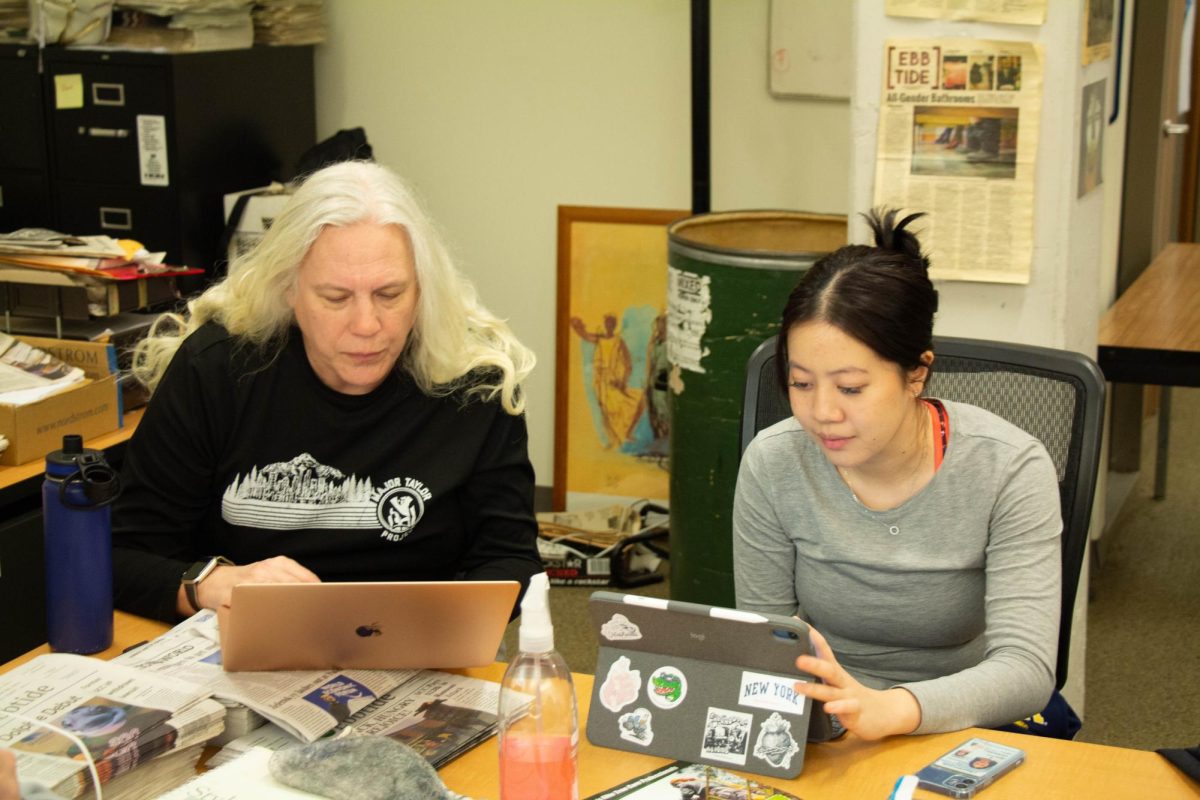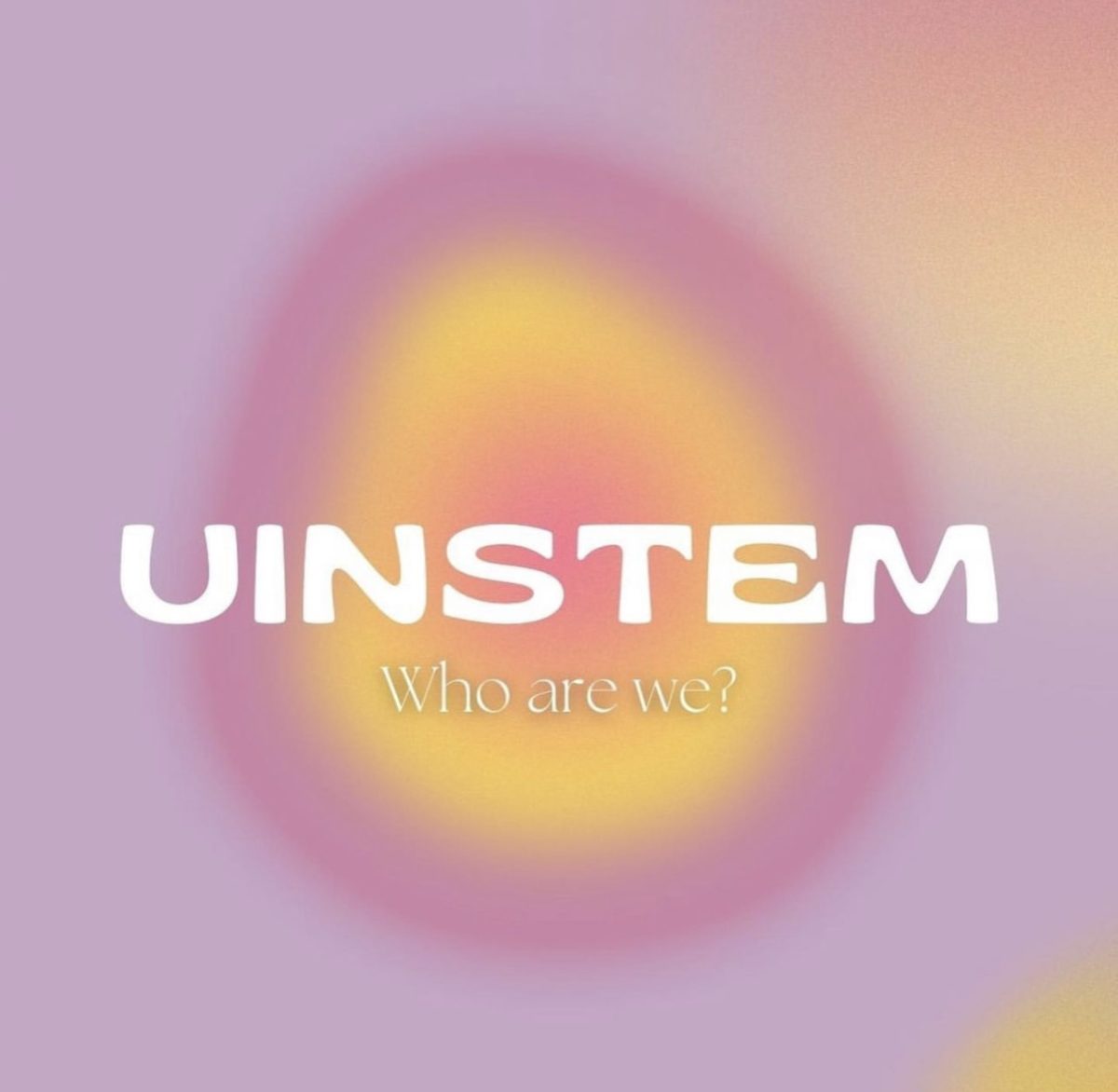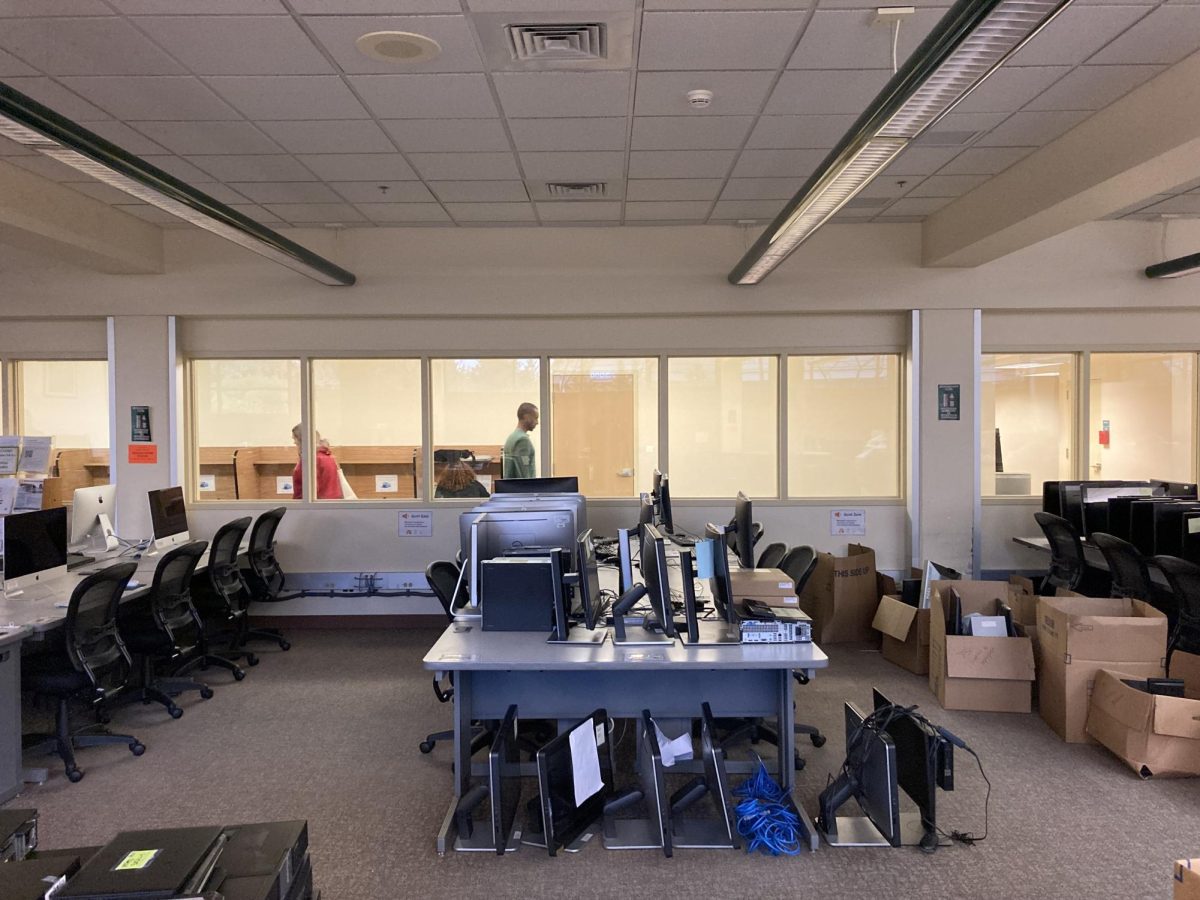From Jan. 17-19, Washington State University’s Pullman campus hosted the annual Conference for Undergraduate Women in Physics (CUWiP), a nationwide initiative to promote the pursuit of a physics undergraduate degree by women and minorities.
Sponsored by the American Physical Society (APS), CUWiP attracts hundreds of participants from diverse backgrounds, aiming to educate young scientists who will become the future.
Equality in the Workplace
CUWiP 2020 opened with a discussion on women in the workplace led by Karen Catlin.
After majoring in computer science at Brown University, Catlin became a successful software engineer and currently runs her own company coaching women in leadership and career development.
She instructed audience members to recognize the ease at which an environment can fall into unhealthy norms: Idea hijacking, interruptions, unintentional exclusion and falling into the role of “office housekeeper” are some of the common difficulties that women scientists struggle to avoid.
Catlin described how assumptions in the workplace can repress women and minorities, yet urged attendees to “be visible” and take gendered problems into their own hands.
Catlin’s speech was an effective setup for the remainder of the conference, which featured seminars, workshops, networking opportunities and lectures led by successful industry professionals.
The Significance of Physics
While combating academic and workplace inequalities was a major goal of CUWiP, the conference also heavily emphasized the benefits of majoring in physics.
A number of speakers described how they used their physics undergraduate degrees to create a sturdy foundation for careers in engineering, biotechnology, research, science journalism and other pursuits.
Aerospace Engineer Dr. Anita Sengupta passionately conveyed this idea.
“Physics has always been the underlying thing in everything I’ve done, from an engineering perspective,” she said. “You’re taught to think critically, you’re taught to think reflectively, you’re taught to build something up.”
CUWiP’s keynote speaker was Dr. Andrea Liu, a physics professor at the University of Pennsylvania who recently developed a method for designing allosteric mechanical systems.
After providing a rundown of her research, Dr. Liu described her love for physics and her belief in the idea that undergraduate degrees in the field are boons for those who seek them.
“People who study physics have no problem getting employed,” she said, but warned listeners that “[physics] does require the willingness to feel stupid.”
Along with promoting physics careers, another major goal of the conference was preparing students for what they entail.
Real-World Experience
Many of CUWiP’s workshops emphasized the difficulty of attaining a physics degree.
Graduate students and professors alike would profess to feeling “stupid” all of the time. But while solving the problems of tomorrow, this is to be expected — and thus the conference sought to prime its audience for a tough yet rewarding career.
Seminars addressed topics including LGBTQ communities in academia, planning for graduate school and acknowledging the effects of imposter syndrome (the feeling of inadequacy despite success) in order to best prepare attendees for a promising future.
“This conference helped me consolidate my decision to pursue a physics degree,” UW student Evelena Burunova said.
The Future
CUWiP began its three-day run with a review on gendered oppression in academia and grew into a forum for discussing the combatance of such oppression and the betterment of oneself as both an individual and a scientist.
By the final night, attendees seemed hopeful for their future and resolute in their desire to pursue a physics undergraduate degree. Notions of glass ceilings and sexism did not appear to hang over the students, but rather, determination.
WSU alumnus and physics major Ann McEvoy echoed the atmosphere of the weekend when she stated, “We just have to keep persevering and eventually it’s going to change.”
If you are interested in learning more about physics degrees or women in academia, look into attending CUWiP next year. In an effort to be all-inclusive, hotel expenses are fully paid and travel is reimbursed if your school is unable to fund transportation.


